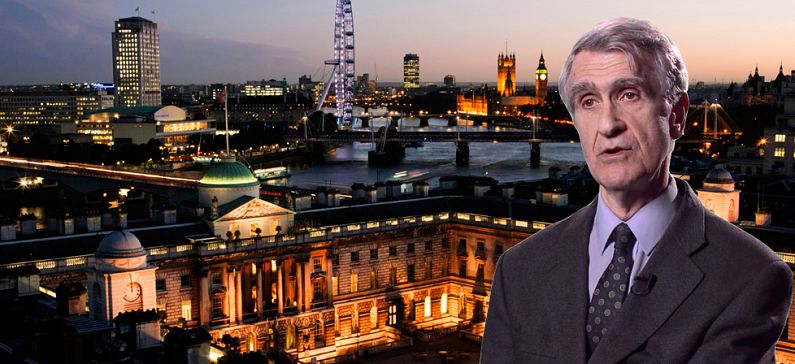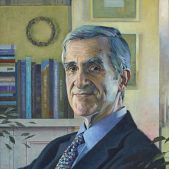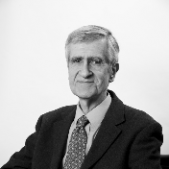
One of the leaders of the psychiatric reform in Great Britain
30 years ago, the British government decided to close down the asylums of the country in an effort to establish alternative methods of treating individuals that faced intellectual disabilities and mental health problems. Nick Bouras, Professor Emeritus of Psychiatry at the Institute of Psychiatry, King’s College London, contributed greatly to this radical change. His work focused on predicting the consequences that the hospitalization of mentally ill individuals brings to their behavior, by using mathematical models. Apart from that, he played a vital role in creating Great Britain’s first Communal Center for Mental Health, which later on influenced British and international policy on the matter.
Nick Bouras, born in Patras in 1945, studied medicine at the University of Athens. Subsequently, he trained in Neurology and Psychiatry in Athens Eginitio Hospital. He has been living and working in London since 1974, whereas he constituted for several years as a Dean and a senior lecturer at the Department of Psychiatry at Guy’s Hospital Medical School, in London.
His clinical, research and academic work -mostly in social psychiatry and in validating the effectivity of various models in mental health services- is widely known. For the past years he is the Programme Director of Maudsley International, that promotes global mental health, and develops various educational and research programs.
He also contributed in the writing of the book “In sickness and in power” (author: (Lord) David Owen, Great Britain’s former Foreign Secretary), an analysis that shows how individuals that access all sort of power (e.g. executive, judiciary), can get “high” on that power (also known as the “Hubris Syndrome” in Ancient Greek Mythology). In that sense, he chairs the Research & Development Group of the Daedalus Trust that provides a focal point for current thinking on “hubris behaviour” and the ways that exercising power may affect one’s personality and decision making.
He is also the author of the book “Ellines sto Londino”, where he records the activity of the Greek community in London between 1974 and 2004, and underlines its contribution to science, medicine, and society.











